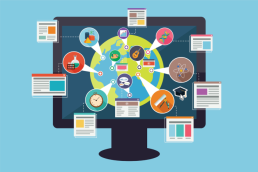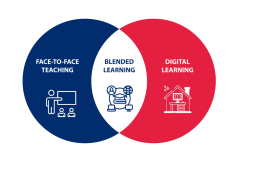Women are essential in sustainable development, climate change mitigation, and natural resource management, yet the industry must enhance its support for them.
In today’s heightened environmental awareness, the need for diversity in the “green industry” is paramount. Defined by the U.S. Bureau of Labor Statistics, green jobs include ecological restoration, forestry, landscaping, and renewable energy. Despite their environmental significance, these fields remain male-dominated, with women comprising only 10%.
My experience as a woman in this sector includes working in natural and urban green spaces, learning technical skills like chainsaw operation and tree climbing, and becoming an International Society of Arboriculture Certified Arborist. This career has allowed me to positively impact the planet, protect habitats, and mentor other women.
The green industry’s labor-intensive and time-demanding nature, traditionally seen as masculine, discourages women’s entry. Insufficient outreach and education about career opportunities also contribute to their underrepresentation, despite improvements in workplace inclusivity.
Promoting the benefits of green industry work can help. Outdoor jobs offer mental and physical health advantages and provide a fulfilling alternative to office work. Careers like forestry reduce stress hormones and support a healthy immune system while mitigating health issues such as respiratory diseases and skin cancer.
The green industry is growing rapidly. The Urban Forestry 2020 Project predicts a 5-17% increase in U.S. urban forestry jobs, fueled by climate change mitigation programs and investments in green infrastructure. The Inflation Reduction Act, for example, allocates $1.5 billion to urban forestry, enhancing tree canopy cover in underinvested communities and supporting urban forest management. This growth necessitates a diverse workforce.
Opportunities for women are increasing through paid training and educational programs. Apprenticeships, like the Openlands’ Arborist Registered Apprenticeship program, offer college-level education, mentorship, and hands-on experience, enabling those facing entry barriers to develop professionally. These programs foster knowledge-sharing and support networks.
Women have found mutual support in the industry, exemplified by the Women’s Tree Climbing Workshop, which offers technical training and community building. Networking events, such as the International Society of Arboriculture Annual Conference and the Tree Care Industry Association Annual Expo, also empower female professionals.
Despite progress, more efforts are needed to promote diversity, equity, and inclusion in the green sector. Companies and organizations must prioritize DEI initiatives and invest in training for all individuals. By breaking down barriers and fostering inclusivity, we can create a greener, more equitable future.
The views expressed are those of the author and do not necessarily reflect those of The Revelator, the Center for Biological Diversity, or their employees.
Hashtags: #green #house #women #environment #awareness









